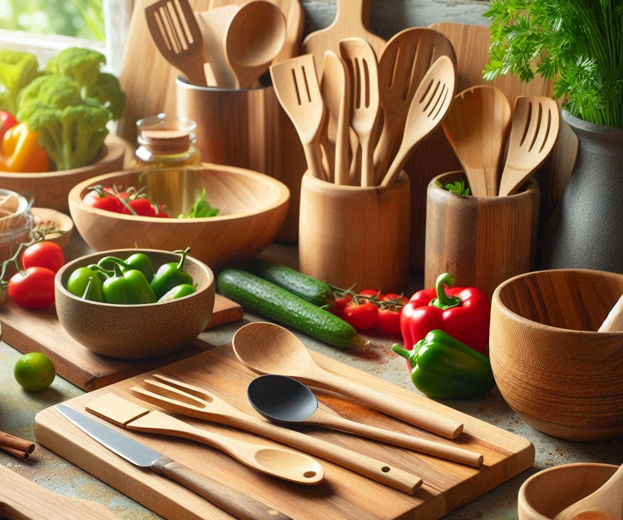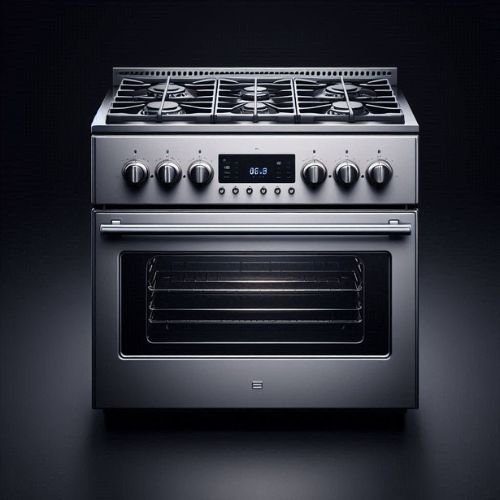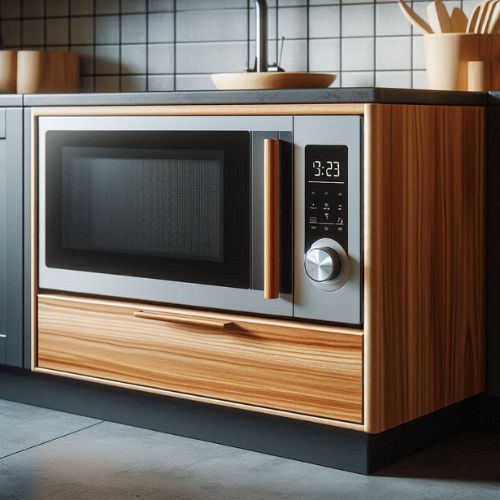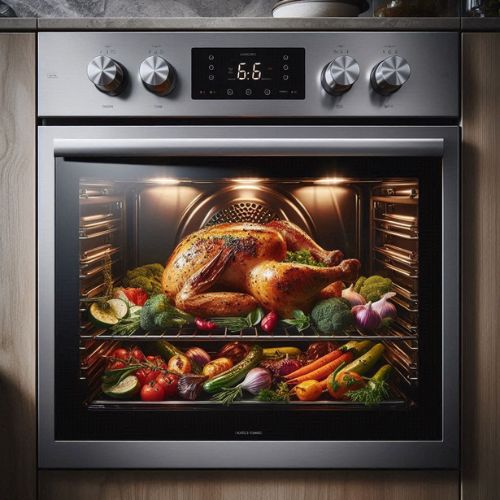The kitchen can also be a surprising contributor to environmental waste through the materials of conventional utensils. Traditional utensils often contain plastics, non-renewable metals, or harmful coatings that can release toxins into the food, endangering both health and the planet. Eco-friendly kitchen utensils offer a solution, promoting sustainable, safe alternatives for a greener kitchen.
Benefits of Switching to Eco-Friendly Kitchen Tools
Opting for eco-friendly kitchen tools is a step toward a healthier kitchen, a cleaner planet, and long-term sustainability. Here’s how:
- Environmental Impact: Conventional kitchenware made from plastic and synthetic materials contributes to landfill waste and environmental pollution. Eco-friendly options reduce this impact by using renewable, recyclable, and biodegradable materials.
- Healthier for Daily Use: Eco-friendly tools often avoid toxic chemicals, like BPA and phthalates, offering a safer choice for food preparation.
- Sustainability: Choosing eco-friendly utensils supports sustainable production, reduces carbon footprints, and often comes with a longer lifespan, reducing the need for frequent replacements.
Key Criteria for Eco-Friendly Kitchen Utensils
- Renewable Materials: Bamboo, recycled metals, and natural fibers are some popular choices.
- Durability: Quality eco-friendly utensils are designed to last.
- Recyclability and Biodegradability: These aspects ensure utensils are manageable at end-of-life, reducing landfill waste.
Key Materials Used in Eco-Friendly Kitchen Utensils
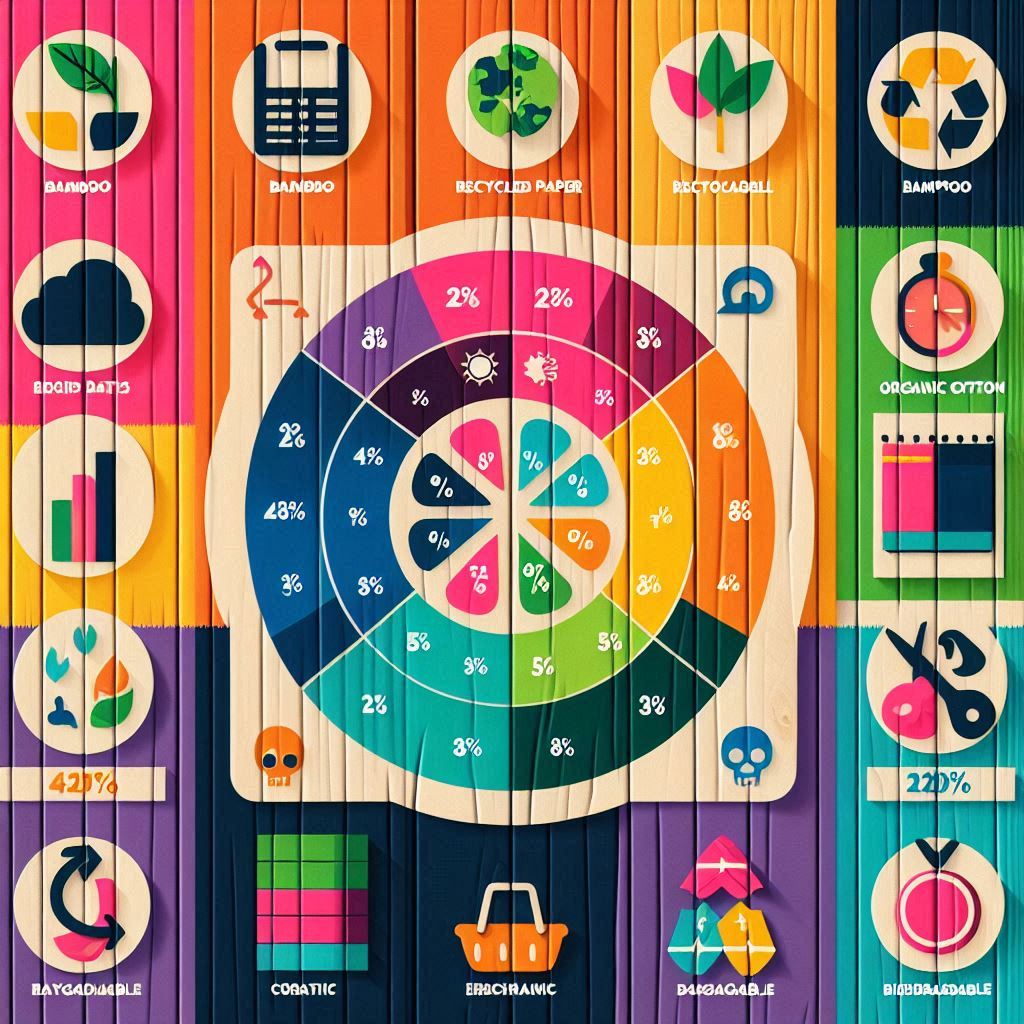
Eco-friendly kitchen tools are available in a variety of materials, each with unique advantages. Here’s a look at some popular options and their pros and cons.
Bamboo
Bamboo is one of the fastest-growing plants on Earth, making it a top choice for eco-friendly kitchen utensils.
- Pros: Sustainable growth, naturally antibacterial, lightweight, and compostable.
- Cons: Needs occasional conditioning with oil to prevent drying; not ideal for high-heat exposure.
Recycled Metal
Recycled metals, such as stainless steel or aluminum, offer durability and low environmental impact.
- Pros: Extremely durable, recyclable, withstands heat and wear.
- Cons: Heavier than other options; recycled metal products may cost more than conventional ones.
Wood
Sustainably harvested or FSC-certified wood is another excellent material for eco-friendly kitchen utensils.
- Pros: Long-lasting, naturally antibacterial, biodegradable.
- Cons: Requires maintenance; some woods can be expensive, especially high-quality, sustainably sourced types.
Silicone
Food-grade silicone is a flexible and durable alternative to plastic.
- Pros: BPA-free, heat-resistant, doesn’t leach chemicals.
- Cons: Non-biodegradable, though recyclable in some areas; best to check local recycling programs.
Other Natural Materials
Materials like coconut shells, wheat straw, and natural fibers add further diversity to eco-friendly kitchen tools.
- Pros: Unique textures, highly sustainable, compostable (in most cases).
- Cons: Limited durability; ideal for smaller, lighter kitchen tasks.
Top Eco-Friendly Kitchen Utensils Every Kitchen Needs
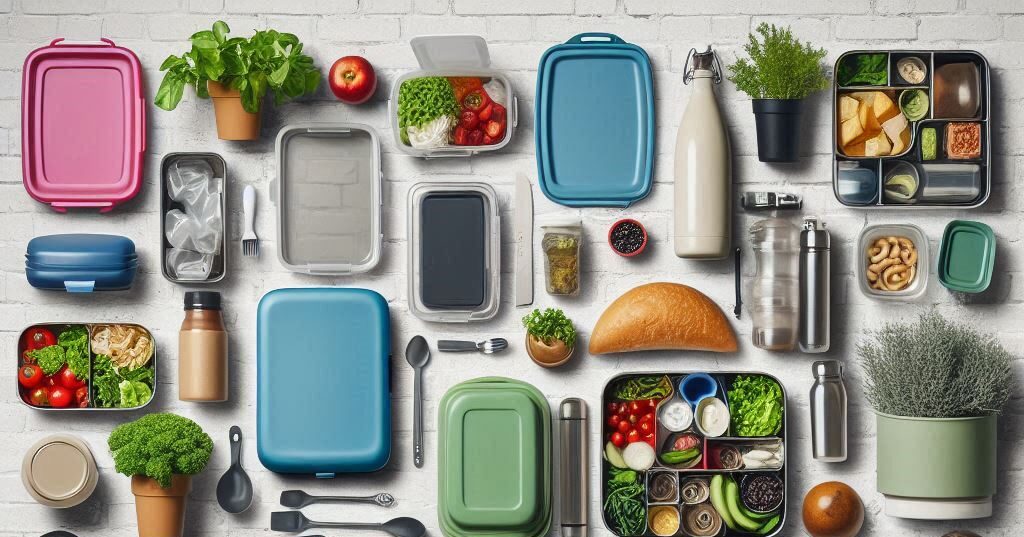
Let’s explore essential eco-friendly kitchen tools that fit every need, from daily meal prep to storage.
Cooking Utensils
Eco-friendly spatulas, spoons, and ladles crafted from bamboo, silicone, or wood are must-haves.
- Best Choices: Bamboo spatulas, silicone spoons for non-stick cookware, and wooden ladles.
- Eco-Benefit: These utensils reduce reliance on plastic, have a low carbon footprint, and offer a natural look and feel in the kitchen.
Cutlery
Reusable knives, forks, and spoons made from bamboo or recycled metal provide an eco-friendly touch.
- Best Choices: Recycled stainless steel cutlery, bamboo utensils for portable use.
- Eco-Benefit: Reduces single-use plastic cutlery, offers a stylish and sustainable choice for meals on-the-go.
Chopping Boards
Eco-friendly chopping boards are available in materials like sustainable wood, bamboo, and recycled plastic.
- Best Choices: Bamboo cutting boards, FSC-certified wood boards, recycled plastic for a longer-lasting option.
- Eco-Benefit: Natural materials help prevent plastic pollution and offer durable, knife-friendly surfaces.
Mixing Bowls & Measuring Cups
Bowls and measuring cups made from recycled metal or bamboo fiber are excellent eco-friendly kitchen tools.
- Best Choices: Stainless steel mixing bowls, bamboo fiber cups.
- Eco-Benefit: Recyclable, sturdy materials cut down on plastic use and can last for years.
Reusable Storage Solutions
Replace single-use plastic bags with reusable, eco-friendly storage options.
- Best Choices: Glass containers with bamboo lids, beeswax wraps, silicone bags.
- Eco-Benefit: Minimizes food packaging waste, reduces plastic use in the kitchen, and supports a zero-waste lifestyle.
Guide to Choosing the Right Eco-Friendly Kitchen Utensils
Choosing the right eco-friendly kitchen utensils requires consideration of several factors:
Durability vs. Biodegradability
Consider the lifespan of each material; for example, while bamboo is biodegradable, stainless steel and silicone are much more durable. Balance these factors based on your needs and the tool’s intended use.
Ease of Cleaning and Maintenance
Some materials, like wood and bamboo, need oiling and hand washing to maintain their quality. Silicone and stainless steel, however, are dishwasher safe and easy to care for.
Functionality
Certain utensils perform better for specific tasks. Silicone is great for baking, wood is ideal for stirring, and stainless steel excels for cutting.
Certifications to Look For
Look for FDA-approved, BPA-free labels, FSC certification for wood, and food-safe indicators to ensure quality and safety.
Where to Buy High-Quality Eco-Friendly Kitchen Utensils
Here are some top sources for quality eco-friendly kitchen tools:
Specialty Eco-Friendly Retailers
Stores like EarthHero and Package Free Shop specialize in sustainable, eco-friendly products, ensuring ethical sourcing.
Top Online Marketplaces
Amazon and Etsy offer a variety of eco-friendly kitchen utensils, with options to filter for sustainable and eco-friendly items.
Local Artisans and Small Businesses
Buying from local artisans not only supports the community but also reduces shipping emissions. Farmer’s markets and craft fairs are excellent places to find unique, handmade kitchen tools.
DIY: How to Upcycle Old Kitchen Utensils into New Tools
Repurposing or upcycling old kitchen items is a fantastic way to reduce waste. Here are some creative ways to give your old utensils new life:
- Spoons into Plant Markers: Use old spoons as garden markers for your herbs and veggies.
- Knife Blades into Garden Tools: An old knife can serve as a weeding tool.
- Turning Forks into Hooks: Bend old metal forks to create wall hooks for aprons and towels.
How to Properly Dispose of Kitchen Utensils in an Eco-Friendly Way
Proper disposal helps prevent usable materials from ending up in landfills.
Recycling Tips
For metal and silicone utensils, check if your local recycling program accepts these materials. Stainless steel and other metals are often recyclable, but confirm with your waste management provider.
Composting for Biodegradable Utensils
Wood and bamboo items can be composted if they are untreated. Cut them into small pieces to speed up decomposition.
Upcycling vs. Donating
If the utensil is still usable, consider donating it to thrift stores or community centers. Alternatively, repurpose it into something functional.
Eco- Friendly Kitchen Utensil Brands to Watch
Here are some brands leading the way in sustainable kitchen tools:
- Bambu: Known for its bamboo-based products, Bambu offers 100% compostable utensils.
- Full Circle Home: Provides recycled and sustainable kitchenware with a focus on durability.
- To Go Ware: Specializes in bamboo cutlery for on-the-go eco-friendly dining.
- Stasher: Offers reusable silicone bags that replace single-use plastic.
- Ekobo: Focuses on bamboo fiber products, including bowls, plates, and utensils.
Comparing Eco-Friendly Kitchen Utensils: Which is Best for You?
To help you make an informed decision, here’s a comparison of key eco-friendly materials:
| Material | Durability | Cost | Eco-Benefit | Ideal Use |
|---|---|---|---|---|
| Bamboo | Medium | Low | Biodegradable | Spoons, spatulas, bowls |
| Recycled Metal | High | Medium | Recyclable | Cutlery, mixing bowls |
| Wood | Medium-High | Medium | Biodegradable | Cutting boards, spoons |
| Silicone | High | Medium-High | BPA-free, recyclable | Baking tools, storage bags |
| Coconut Shells | Medium | Low | Compostable | Small bowls, serving dishes |
FAQs About Eco-Friendly Kitchen Utensils
Are bamboo utensils dishwasher safe?
Not typically. Bamboo utensils last longer if hand-washed and dried immediately.
How long do wooden utensils last?
With proper care, wooden utensils can last many years.
What are the health benefits of using natural materials in the kitchen?
Natural materials, like wood and bamboo, are free from harmful chemicals, making them safer for daily use.
Can silicone be recycled?
Yes, but it depends on local facilities. Check your recycling program for silicone options.
Conclusion: Transform Your Kitchen with Eco-Friendly Choices
Switching to eco-friendly kitchen utensils can have a lasting impact on the environment and your health. By investing in sustainable, durable tools, you’re not only creating a greener kitchen but also contributing to a cleaner planet. Start with a few swaps and gradually replace single-use plastic with sustainable alternatives. Small changes can lead to a big difference in building a sustainable kitchen.
With the right choices, your kitchen can become a model of sustainability. So why wait? Start your journey today, and watch your kitchen transform into an eco-friendly haven that not only benefits you but also the planet.
General FAQs
- What’s the best eco-friendly material for cooking utensils?
Bamboo and wood are top choices due to their sustainability and durability. - Is silicone better than plastic for the environment?
Yes, silicone is more durable and does not release harmful chemicals. - How should I care for my wooden kitchen utensils?
Hand wash, dry thoroughly, and condition with mineral oil occasionally. - Are there any safety certifications to look for?
Look for BPA-free labels, FSC certification, and FDA approval. - Can I compost all eco-friendly kitchen utensils?
Only biodegradable materials like untreated wood and bamboo can be composted.
More information eco-friendly sustainability:

